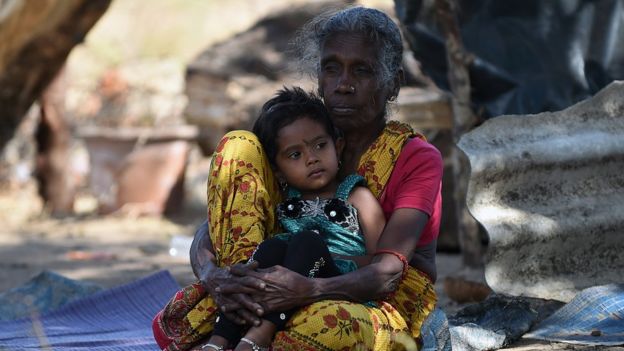By Christine Khamis
Impunity Watch Reporter, Asia
BEIJING, China –
Guo Yushan, a Chinese scholar who aided blind activist Chen Guangcheng in his 2012 house arrest escape, has been conditionally released by Chinese authorities. Mr. Guo was released along with a former colleague, He Zhengjun.

Mr. Guo was the head of the Transition Institute, a Chinese research institution, before Beijing authorities shut it down in 2013. The organization was pro-democracy and researched social and economic issues in China. Mr. He was the Transition Institute’s administrator.
Li Jin, Mr. Guo’s lawyer, has confirmed that Mr. Guo was released on bail on Tuesday. Li Jinxing, Mr. He’s lawyer, also confirmed his release. The reason for their release is still unclear. Because the release of Mr. Guo and Mr. He is conditional, the charges against them are still in effect and both men could be taken back into police custody.
Mr. Guo and Mr. He were detained at the same time that the Occupy Central protests were occurring in Beijing. Both men were arrested on suspicion of illegal business activity, which included the unlawful printing of books and other publications.
In 2012, Mr. Guo assisted Chen Guangcheng in his escape from China by helping him travel to the United States Embassy in Beijing. Mr. Chen then traveled to the United States, where then-Secretary of State Hillary Clinton advocated on his behalf so that he could stay in the United States as a visiting student.
Mr. Guo could have been detained for his role in Mr. Chen’s escape from China. Initially, Mr. Guo was put on house arrest for 81 days, after which he stated in an interview that Chinese police had warned him of more severe consequences for his involvement in the escape. About a year later, Mr. Guo was taken into custody after police raided his apartment in Beijing.
Critics have accused the Chinese government of carefully timing the release of the activists with Chinese President Xi Jinping’s upcoming United States’s visit, which is scheduled for later this month. It will be President Xi’s first state visit to the United States since he became president in 2012. Throughout his presidency, President Xi has cracked down on lawyers, human rights activists, and others.
Many critics believe that the release of the activists was a symbolic measure taken to prevent the United States’ criticism of China’s human rights record. Sophie Richardson, the China Director at Human Rights Watch, told The Guardian that the Chinese government has made a series of small concessions in an effort to “keep human rights issues out of the summit”.
For more information, please see:
Associated Press – China releases scholar ahead of its leader’s visit to US – 15 September 2015
The Guardian – Beijing releases activist on eve of Chinese president’s visit to US – 15 September 2015
The New York Times – China Releases Scholar Who Helped Activist Gain Asylum in U.S. – 15 September 2015
Radio Free Asia – China Releases Two NGO Activists ‘On Bail’ Ahead of President’s US Trip – 15 September 2015
